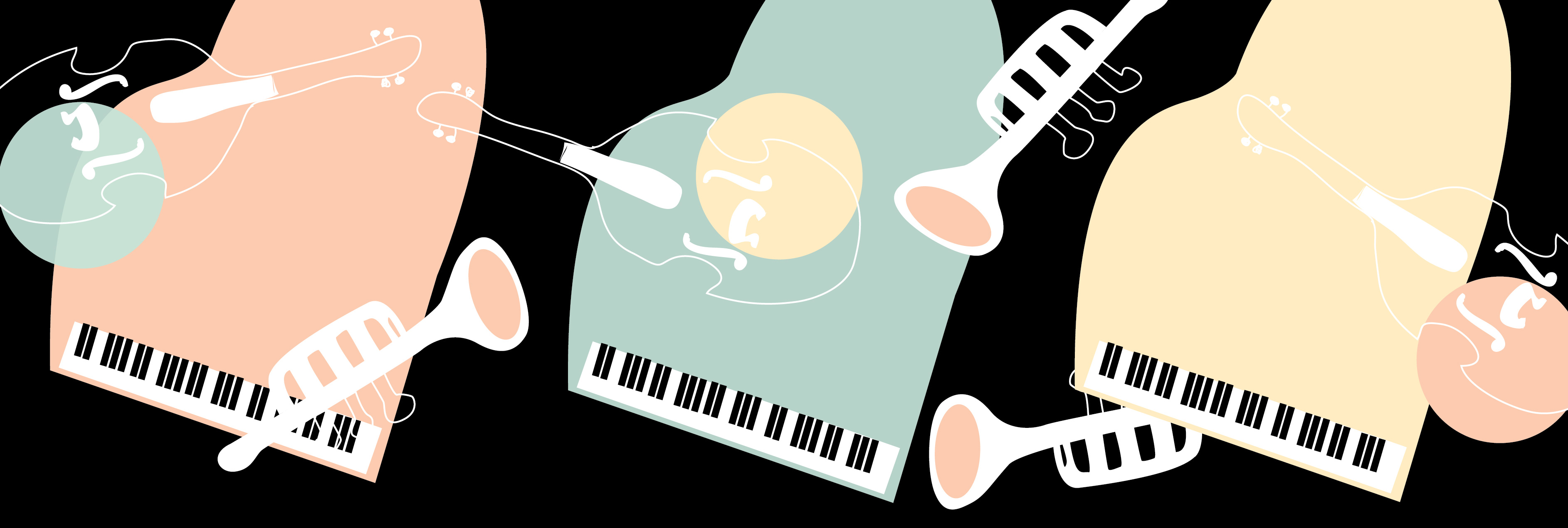With the formation of Israel and its declaration as a sovereign nation on May 14th 1948,
open warfare between Israel and Arab forces has been a central issue and has continuously arisen. In particular, conflict between the Palestinians of the Palestine Liberation Organization and Israel led to increasing hostility between the residing Arabs and Israelis. As Palestinians sought to maintain their Arabic cultural heritage, they have encountered resistance by apprehensive Israelis concerned with the impact of the surrounding Arabic culture on Israel.
To augment Israeli culture and advocate their existence as a nation, Israel interfered with factors that altered the traditional daily lives and political standing of Palestinians. Interference in Muslim religious organizations and the relocation of Palestinians to refugee camps eventually led to the First Intifada, or “shaking” in Arabic, in December of 1987. The uprising against the Israeli jurisdiction largely included young Palestinian refugees.
One of these refugees was Ramzi Aburedwan, who was a nine-year-old boy at the time from a refugee camp in Ramallah. During the First Palestinian Intifada, his brother and cousin were killed among many of his friends. At age sixteen, however, he attended a music workshop where he began to learn how to play the viola. Upon demonstrating his musical talent, Aburedwan was sent to France to study at the National Regional Conservatory of Angers in 1998. Afterwards, Aburedwan was invited by the renowned Israeli conductor Daniel Barenboim to join the West-Eastern Divan Orchestra.
Despite Aburedwan’s eventual leave of the orchestra due to differences in their political stances, the actions of Aburedwan and Barenboim have highlighted a unique approach to establishing peace between Israelis and Palestinians. Through Western classical music, a mutual respect for two differing cultures can potentially begin by appreciating another culture together.
Since then, Aburedwan has further applied his craft to aid Palestinian refugee children. Upon returning to Palestine, he has initiated music schools called al Kamandjati, which is Arabic for “the violinist,” to teach children the art of music performance. He has additionally founded other music groups to perform Arabic musical works along with classical repertoire to embrace Arabic culture and celebrate music in general. Aburedwan’s undertakings as an artist living within political unrest feature a distinctive concept to be considered for preserving a cultural identity in a compassionate manner.




Leave a Reply